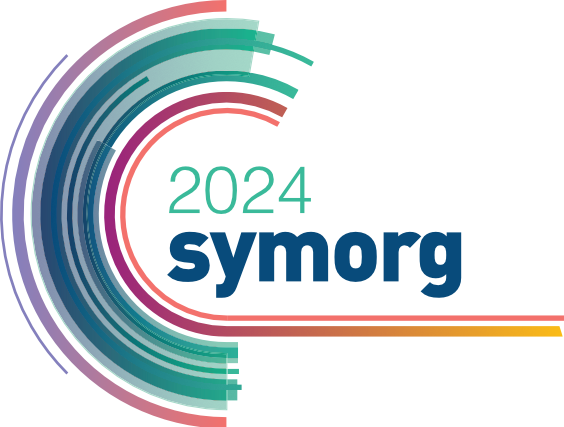Digital Transformation of Public Administration
Track moderators

Dragan Vukmirović, Ph.D.
POSITIONS
Full Professor
University of Belgrade – Faculty of Organizational Sciences
Department of E-Business

Zorica Bogdanović, Ph.D.
POSITIONS
Full Professor
University of Belgrade – Faculty of Organizational Sciences
Department of E-Business
Description
Digitalization is a disruptive force, the cause or consequence of the fourth industrial revolution, which changes the way we experience personal and business relations, relations with organizations, and consequently, the relationship with the government. In a world where social change is not as rapid and intense as technological change, public functions, communication and data are increasingly shifting to digital platforms. Governments, along with the economy and the civil society, should create a regulatory framework (legal and strategic) which would be flexible and resilient to sudden changes, at the same time encouraging innovation and keeping citizens at the core of its focus at all times.
Governments are under pressure to digitize due to changing and increasingly complex political contexts. The advantages of digitalization are clear (significant savings, increased efficiency, better communication and cooperation with stakeholders, etc.), but digital transformation of such a complex, multi-layered system such as public administration is a challenging, complicated process that requires a solid and clear vision, leadership and perseverance.
McKinsey & Company experts state (Stern, S., Daub, M., Klier, J., Wiesinger, A., & Domeyer, A. (2018). Government 4.0 – the public sector in the digital age. McKinsey & Company 2018) that the public sector can be digitized primarily by improving public services. They indicate five basic tasks that governments can carry out in order to launch and adopt digital public services.
1. Creating a digital strategy and defining goals;
2. Providing joint ICT platforms;
3. Defining and adopting standards;
4. Providing support through legislation and regulations;
5. Piloting projects that help develop the necessary skills.
Public administrations that keep pace with the development of ICT are getting closer to e-government. However, technologies are not the focus of e-government, but their services to society.
Key topics
- Public Administration
- Digital Transformation
- E-Government
- Electronic Services
















